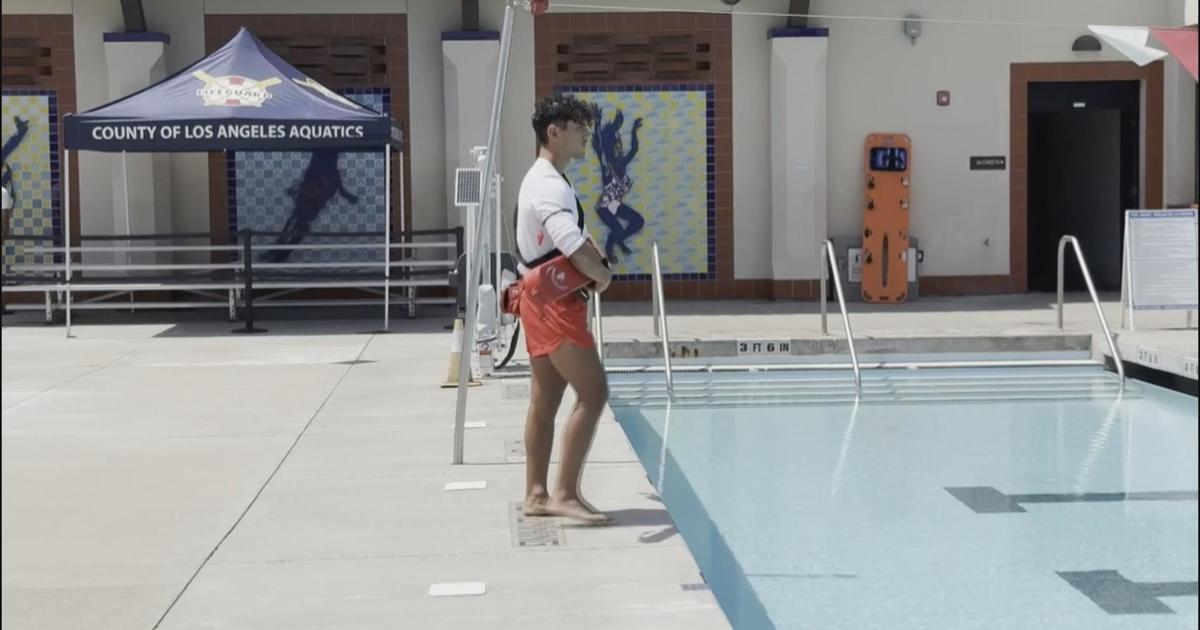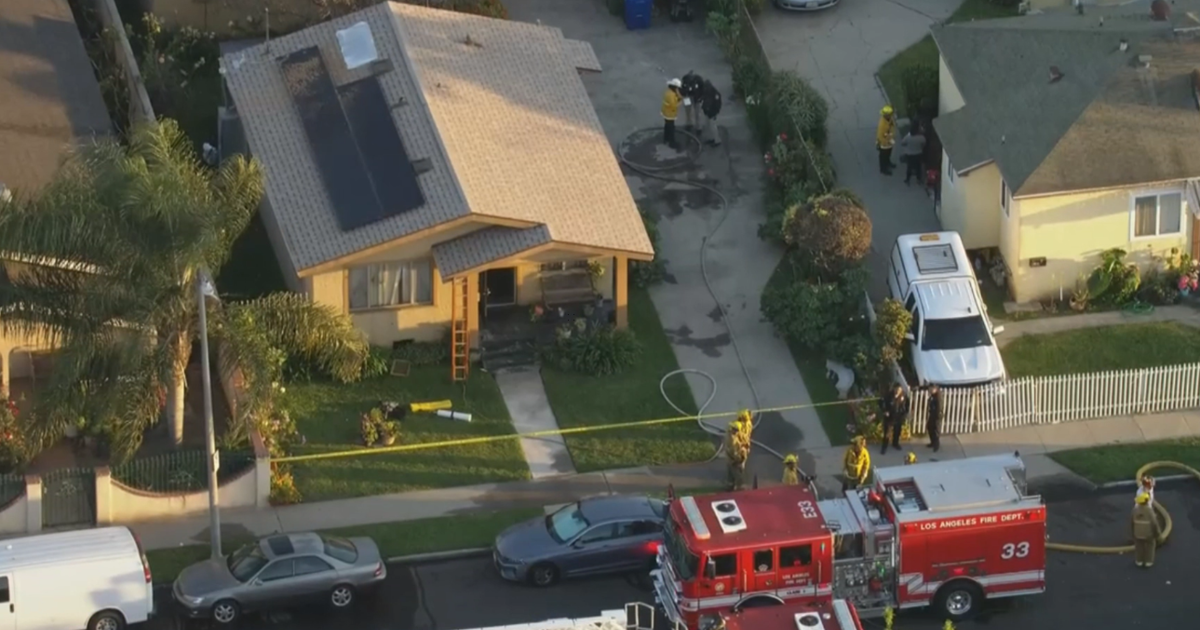Street medicine team taking treatment to new levels in Orange County
Though street medicine has been around for years, helping take care of the homeless population's medical needs from wound care to mental health treatment, one Orange County based team is taking things a step further.
Robert Horner used to work in a clinic where he treated dozens of patients, but he never felt that he got to know his patients on the same personal level that he gets to now.
"I used to work in a clinic where we'd see a lot of patients," Horner said. "But, you don't make the same kind of connections you do."
Now, he works out of a van, treating homeless patients who don't feel as comfortable walking into a brick and mortar clinic, no matter how badly they need help. Instead, he goes to them. They primarily operate in Garden Grove, but are looking to expand to Costa Mesa and Anaheim soon.
Rina Nakano tagged along with Horner on a typical day treating patients. Their first stop was with Harold, who has been living out his truck for the last four years.
He was previously in poor health until Horner's CalOptima Health van rolled into the church parking lot where he had been staying.
"I was skeptical at first," Harold said. "Then I met these people here, and they've been great."
The team now meets up with him regularly, keeping tabs on his medications and day-to-day well-being.
Traditional street medicine has a reactive model, where providers treat patients on the street in need of immediate care. Horner's program is proactive, with the primary care checker making regular checks. He says that the medical team is just one ingredient i the overall recipe for success.
"We've got our peer navigator as well, who is kind of the secret sauce, they say, of our program," Horner said.
Peer navigators were either homeless at one point or have a background that relates to their clients on the street. They work to coordinate appointments, rides and guide them through their journey out of homelessnes.
"This is a medical and social model combined," said Kelly Bruno-Nelson, MediCal Executive Director with CalOptima Health. "It's for individuals who are ready to take the next step in their housing journey to take them literally from street to home."
Their next appointment was with Wyatt, who has been homeless since he was just 10 years old. At first, team members say that Wyatt was unreceptive to their offers, but their persistence over the last year has worked.
"To see where he is at today, where he is fist bumping and thanking us, it's like night and day," said Nicole Coye, a registered nurse working with the program.
He's not kicked his fentanyl addiction and his medical needs are being professionally managed.
"I can't believe it myself,' Wyatt said. "it's all good right now."
His peer navigator, Jazmine Garcia, set up an interview with a recovery and housing program for older adults to help Wyatt find a way off the streets.
"I'm kind of hoping they take me in right now," he said at the time. Nakano has since learned that Wyatt's interview went extremely well, and for the first time in 50 years, he's no longer homeless.
When asked what the most gratifying part of his job is, Horner had a simple but fulfilling answer.
"Seeing at their lowest point, and actually being able to help them."



